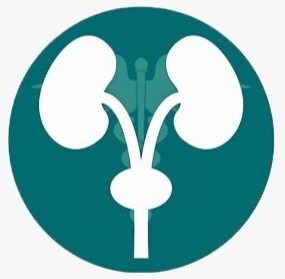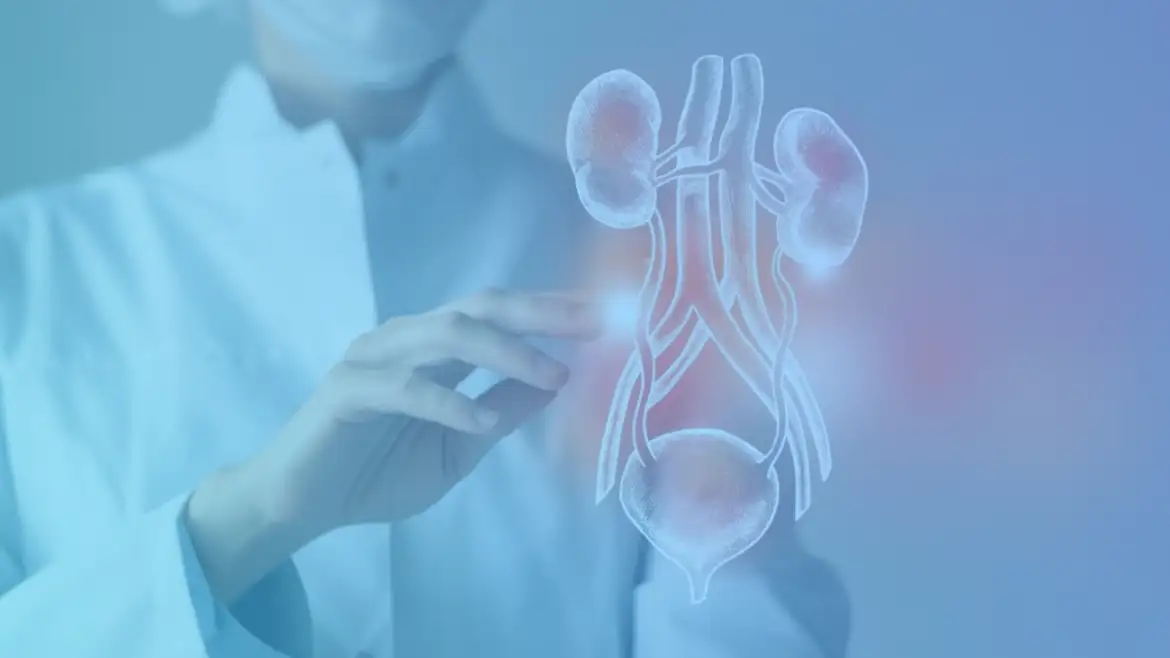Our centre specializes in the diagnosis and treatment of urinary tract cancers, including cancers of the bladder, kidney, prostate, and testicles. Our team of experts is dedicated to providing compassionate and personalized care to each of our patients, using the latest technologies and treatment options to achieve the best possible outcomes.
We understand that a cancer diagnosis can be overwhelming, which is why we are committed to guiding our patients through every step of the treatment process, from diagnosis to recovery. Our goal is to provide the highest quality care in a supportive and comfortable environment, helping our patients to maintain their quality of life throughout their cancer journey.
Our team includes board-certified urologists, medical oncologists, radiation oncologists, and other healthcare professionals who work collaboratively to develop a personalized treatment plan for each patient. We offer a range of treatment options, including surgery, chemotherapy, radiation therapy, immunotherapy, and targeted therapy, depending on the type and stage of cancer.
At our centre, we understand the importance of early detection and treatment of urinary tract cancers. We offer a range of diagnostic tools and tests, including urine and blood tests, imaging scans, and biopsies, to help identify and diagnose urinary tract cancers as early as possible.
If you or a loved one has been diagnosed with a urinary tract cancer, please don’t hesitate to contact us to schedule a consultation with one of our experts. We are here to provide the support and care you need to fight cancer and achieve the best possible outcome.
FAQs
What is urinary tract cancer?
Urinary tract cancer is a type of cancer that can develop in any part of the urinary tract, including the kidneys, bladder, ureters, urethra, and prostate. These cancers can be aggressive and can spread to other parts of the body if left untreated.
What are the symptoms of urinary tract cancer?
The symptoms of urinary tract cancer can vary depending on the location and stage of the cancer. Common symptoms may include blood in the urine, frequent urination, painful urination, back pain, weight loss, and fatigue. It is important to see a doctor if you experience any of these symptoms, as they may be indicative of a more serious condition.
How is urinary tract cancer diagnosed?
Urinary tract cancer is typically diagnosed through a combination of imaging tests, such as CT scans and MRIs, as well as urine and blood tests. In some cases, a biopsy may also be necessary to confirm the presence of cancer.
What are the treatment options for urinary tract cancer?
Treatment options for urinary tract cancer will depend on the location and stage of the cancer. Common treatment options may include surgery, chemotherapy, radiation therapy, immunotherapy, and targeted therapy. Your healthcare provider will work with you to develop a personalized treatment plan that best meets your needs.
What is the prognosis for urinary tract cancer?
The prognosis for urinary tract cancer will depend on the location and stage of the cancer, as well as the individual’s overall health. Early detection and treatment can improve the chances of a successful outcome. Your healthcare provider can discuss your prognosis with you in detail.
Can urinary tract cancer be prevented?
While there is no guaranteed way to prevent urinary tract cancer, certain lifestyle changes may help reduce your risk. These may include quitting smoking, maintaining a healthy weight, staying hydrated, and practicing safe sex to reduce the risk of sexually transmitted infections. Additionally, regular check-ups with your healthcare provider can help detect any potential issues early on.


